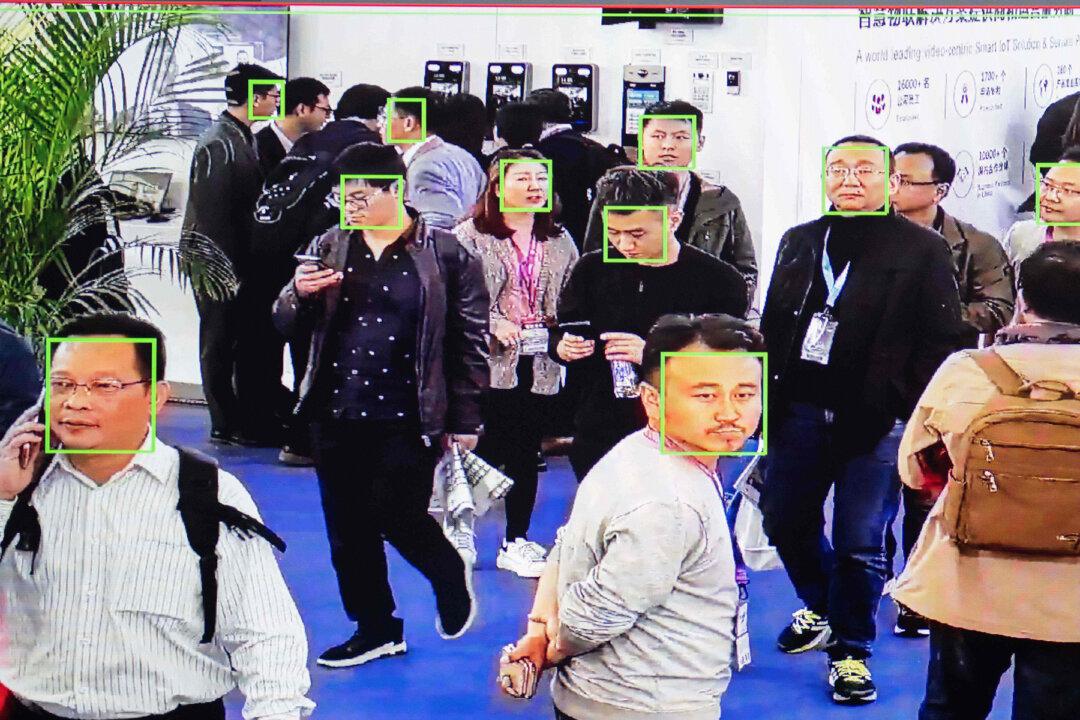News Analysis
The leak of a Shanghai police database containing personal details of a billion people has again highlighted the Chinese Communist Party’s (CCP’s) reckless attitude toward its citizens’ privacy.

The leak of a Shanghai police database containing personal details of a billion people has again highlighted the Chinese Communist Party’s (CCP’s) reckless attitude toward its citizens’ privacy.